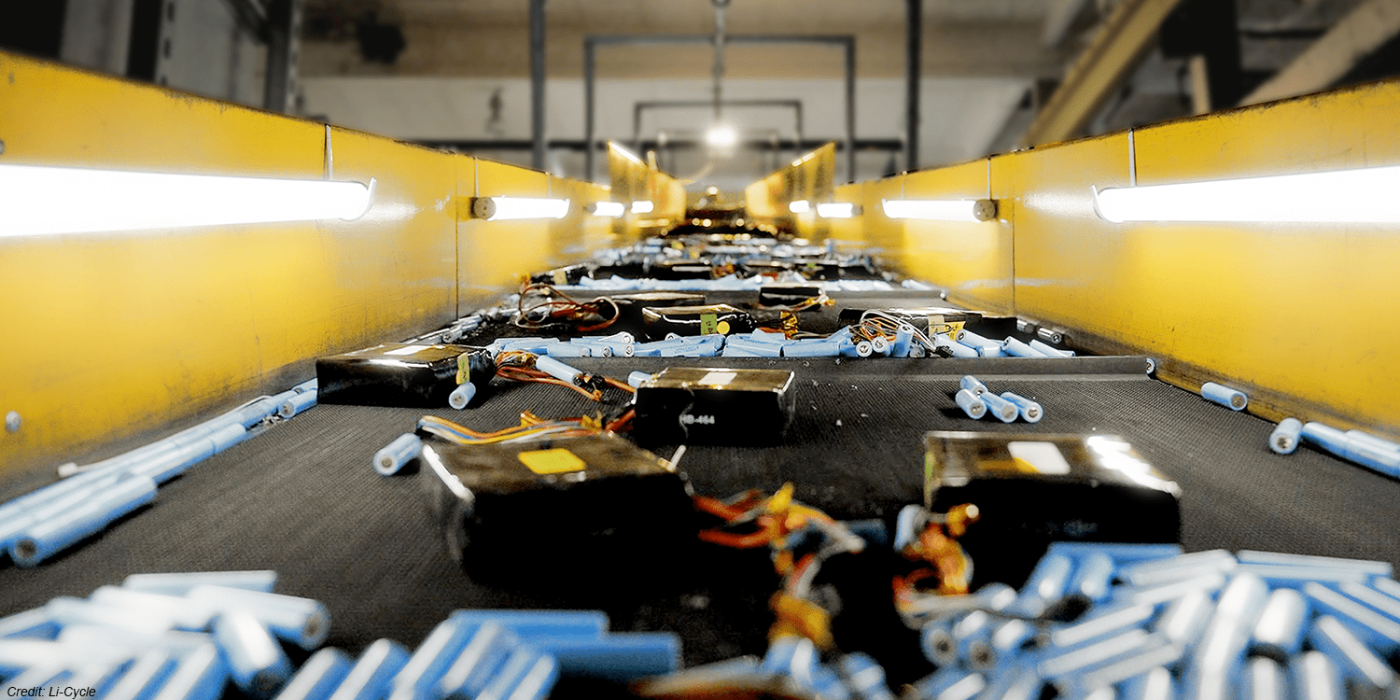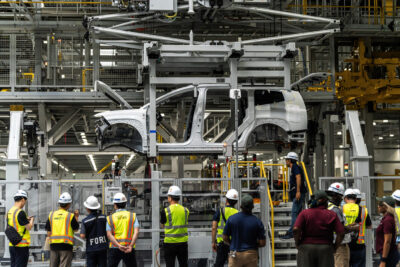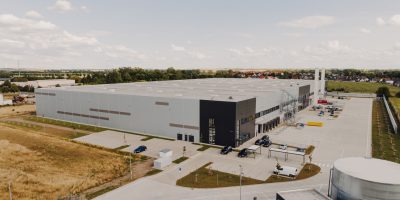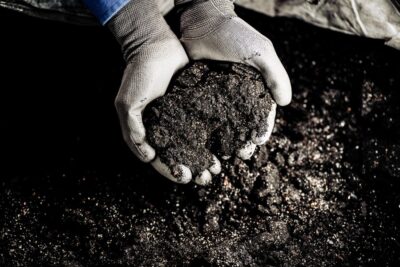Li-Cycle opens battery recycling plant #4 in Alabama
The Canadian company Li-Cycle has commissioned its fourth recycling plant for lithium-ion batteries, this time in the state of Alabama, USA. The opening in Tuscaloosa took place a little later than planned but on a larger scale.
When Li-Cycle announced the plans last year, the company envisioned recycling 5,000 tonnes and 10,000 tonnes later. Yet now, the Tuscaloosa plant already runs at capacity to process up to 10,000 tonnes of production waste and used batteries per year.
The plant is near the Mercedes-Benz car factory, where the company will start producing the EQS SUV (already rolling) and EQE SUV (set to debut in Paris this Sunday), so the supply of batteries won’t be scarce.
Consequently, Li-Cycle accounts for expanding the 10,000 tonnes in future. The current numbers added to the company’s other three facilities in North America increase the recycling capacity to 30,000 tonnes annually, equivalent to batteries from approximately 60,000 EVs. By the end of 2023, the company expects to have a total capacity of 65,000 tonnes per year for processing lithium-ion battery material at its North America and Europe facilities.
Called Spoke 4, Li-Cycle’s Alabama facility is more than 100,000 square feet, with an additional 120,000 square feet in warehousing capacity. The facility is of the same design as the Spoke in Arizona, which opened earlier this year and is currently operating near target throughput, so Li-Cycle.
However, Li-Cycle’s Spoke plants are just plants for dismantling and crushing the batteries. Some materials are recovered there, such as the aluminium of the pack and module housings. Still, the valuable battery materials are only processed in the Spoke plants down to the so-called black mass. This black mass, which contains lithium, nickel, cobalt and manganese, is then hydrometallurgically processed in the central hub plants and the individual raw materials are extracted.
Li-Cycle is reportedly constructing its first so-called Hub facility in Rochester, New York, to get through the black mass. Li-Cycle expects to be capable of processing 35,000 tonnes of black mass annually, with battery materials equivalent to approximately 225,000 EVs.
Li-Cycle is targeting to open the Rochester Hub in 2023 and says it will be “the first commercial hydrometallurgical battery resource recovery facility and the first source of recycled battery-grade lithium carbonate production in North America”.





1 Comment